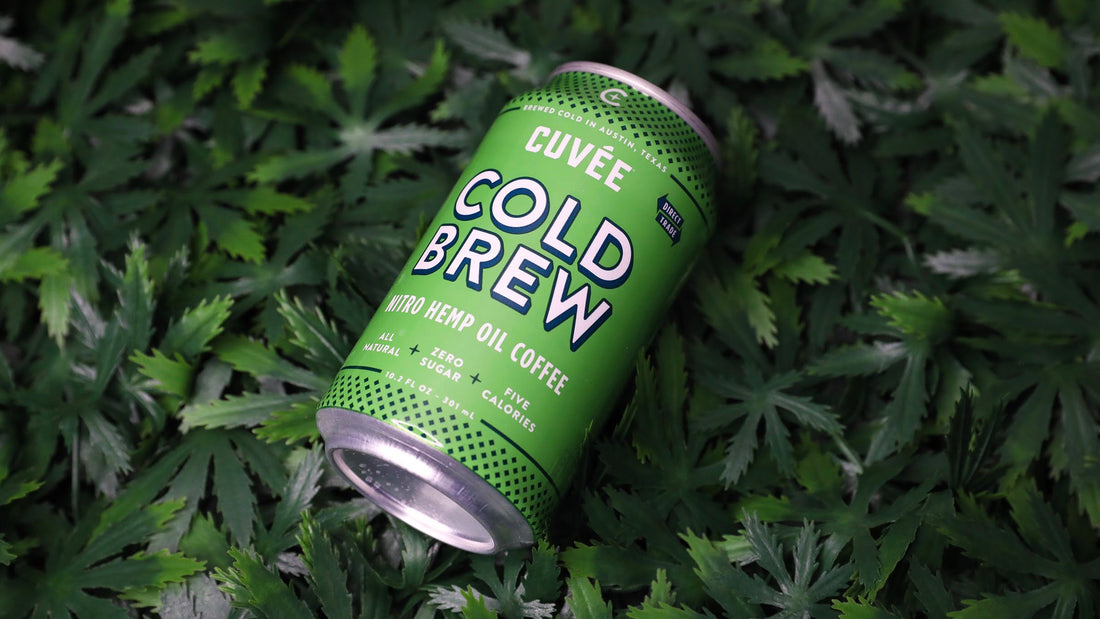
For The Love of Hemp
Share
As 2018 came to a close, the US Farm Bill was passed. The new bill explicitly removes industrial hemp and its extracts from Schedule I of the Controlled Substances Act, where it might be interpreted as marijuana. The one question we keep hearing is, “What exactly does that mean?”. So let’s talk through it one step at a time.
Why was Hemp previously illegal?
Although hemp was a big part of early US history, attitude towards the crop started to change in the early 1900s. When the US government increased its resolve to fight against drugs such as marijuana, hemp somehow got grouped with its cannabis cousin. The Marijuana Tax Act of 1937 started the major decline of the hemp industry, as all hemp sales started to get heavily taxed on. The US reversed its stance in 1942 when they realized they needed hemp for the war effort. The Department of Agriculture started to heavily promote hemp and started publishing various benefits that hemp offered (i.e. findings that hemp produces 4 times more paper per acre than trees). Shortly after the end of World War II, the US government went back to its original stance on hemp again and the industry continued to decline as alternative sources, such as plastic and nylon, were encouraged across multiple industries. Hemp farming was eventually officially banned altogether in 1970 with the passage of the Controlled Substances Act in which hemp was included as a Schedule 1 drug, grouping this crop with drugs like heroin and LSD.
If Hemp was illegal, why were Hemp products being sold prior to now?
Farmers have been legally planting hemp again in the US since the 2014 Farm Bill opened up state-regulated pilot programs for planting “industrial hemp,” which it defined as cannabis sativa plants containing 0.3% or less THC. The 2018 Farm Bill completely removes hemp and anything made from hemp from the Controlled Substances Act. This creates enormous opportunity across Agricultural, Nutritional and Cannabis industries. A huge market exists for products derived from Industrial Hemp, with CBD being one of the biggest opportunities.
What does the passage of this bill mean?
The 2018 Farm Bill makes all products derived from Industrial Hemp, including CBD, fully legal. What this means from a Federal perspective:
- The Hemp Plant is now fully legal for interstate commerce (and international imports/exports).
- CBD is legal to produce, possess and manufacture.
- CBD as a molecule is legal.
- CBD is no longer regulated by the DEA.
Until now, farmers faced several barriers to growing hemp due to federal prohibition - including restricted access to banking, water rights, and crop insurance. The new law removes these restrictions, putting the US Department of Agriculture and state agencies in charge of regulations.
What are the benefits of Hemp?
While CBD helps people feel better (learn more about our opinion on CBD here), and hemp can generate immense profits for both farmers and hemp companies, the benefits of legal hemp go deeper. Hemp can heal the soil, requires almost no pesticides and only moderate watering compared to other crops. Hemp fabric is a more sustainable alternative to cotton, and industrial hemp plants can be made into versatile, sustainable building materials.
So...now what?
The passage of the bill means we expect to start seeing CBD products appearing in major retailers that may have been hesitant to put them on shelves in the past without federal guidelines. Cuvée is proud to be one of the first companies to bring consumers a CBD infused ready-to-drink beverage with our Nitro Hemp Oil Coffee. We are excited to continue to help grow the CBD category and support our suppliers as they work to ramp up their manufacturing as the demand for hemp products expands.
For more information on Hemp, check out our favorite resource: MinistryOfHemp.com